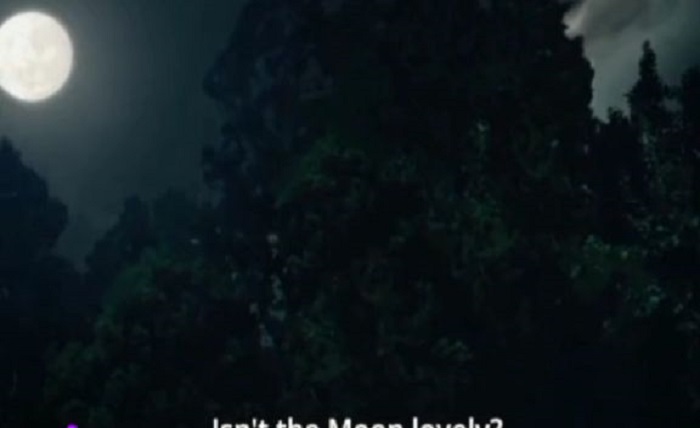
Isn’t the Moon Lovely? Exploring the Meaning and History of This Poetic Phrase
The moon, with its luminous glow and ever-changing phases, has captivated humanity for eons. In literature, art, and everyday conversation, the moon serves as a powerful symbol of beauty, mystery, and romance. One particularly intriguing expression that captures this fascination is the phrase “Isn’t the moon lovely?”
More than just a statement of admiration, this simple phrase holds a deeper meaning, particularly in Japanese culture. Let’s delve into the history, cultural significance, and contemporary applications of “Isn’t the moon lovely?”
A Poetic Way to Express Love
In Japanese, the phrase directly translates to “Tsuki ga kirei desu ne.” While seemingly a straightforward observation about the moon’s beauty, this phrase transcends its literal meaning. It has become a subtle and romantic way to express love and affection.
The origin of this phrase can be traced back to Soseki Natsume, a renowned Japanese novelist of the late 19th and early 20th centuries. In his novel “Kokoro,” published in 1914, two characters gaze at the moon and share this very phrase. While their relationship remains ambiguous, the moon serves as a symbol of their unspoken feelings.
The Power of Indirectness
Why use an indirect phrase like “Isn’t the moon lovely?” to express love? Japanese culture emphasizes social etiquette and restraint, particularly in expressing emotions. This indirect approach allows individuals to convey their feelings subtly, without explicitly declaring their love.
Furthermore, using the moon as a metaphor adds a layer of poeticism and romance to the expression. The moon’s ethereal beauty and ever-changing nature resonate with the complexities of human emotions, making it a powerful symbol for unspoken love.
Contemporary Usage
Isn’t the moon lovely? has transcended its literary origins and become a widely recognized and used expression in Japanese culture. It frequently appears in anime, manga, and popular media, further solidifying its association with romantic affection.
The phrase has also gained popularity beyond Japanese borders. Its unique blend of poetic imagery and hidden meaning has resonated with audiences worldwide, making it a popular choice for expressing love in a subtle and beautiful way.
Beyond Romance: Exploring Other Interpretations
While “Isn’t the moon lovely?” primarily conveys love and affection, it can also hold other meanings depending on the context. It can be used as a conversation starter, a way to share a peaceful moment, or simply a genuine expression of appreciation for the moon’s beauty.
Ultimately, the meaning of the phrase is open to interpretation and individual experience. Its versatility allows it to serve different purposes and evoke diverse emotions in different situations.
Conclusion
“Isn’t the moon lovely?” is a captivating phrase that transcends its literal meaning. It serves as a reminder of the power of language, symbolism, and indirect expression. Whether expressing love, sharing a moment of peace, or simply appreciating the moon’s beauty, this simple phrase can touch the hearts of people around the world.




